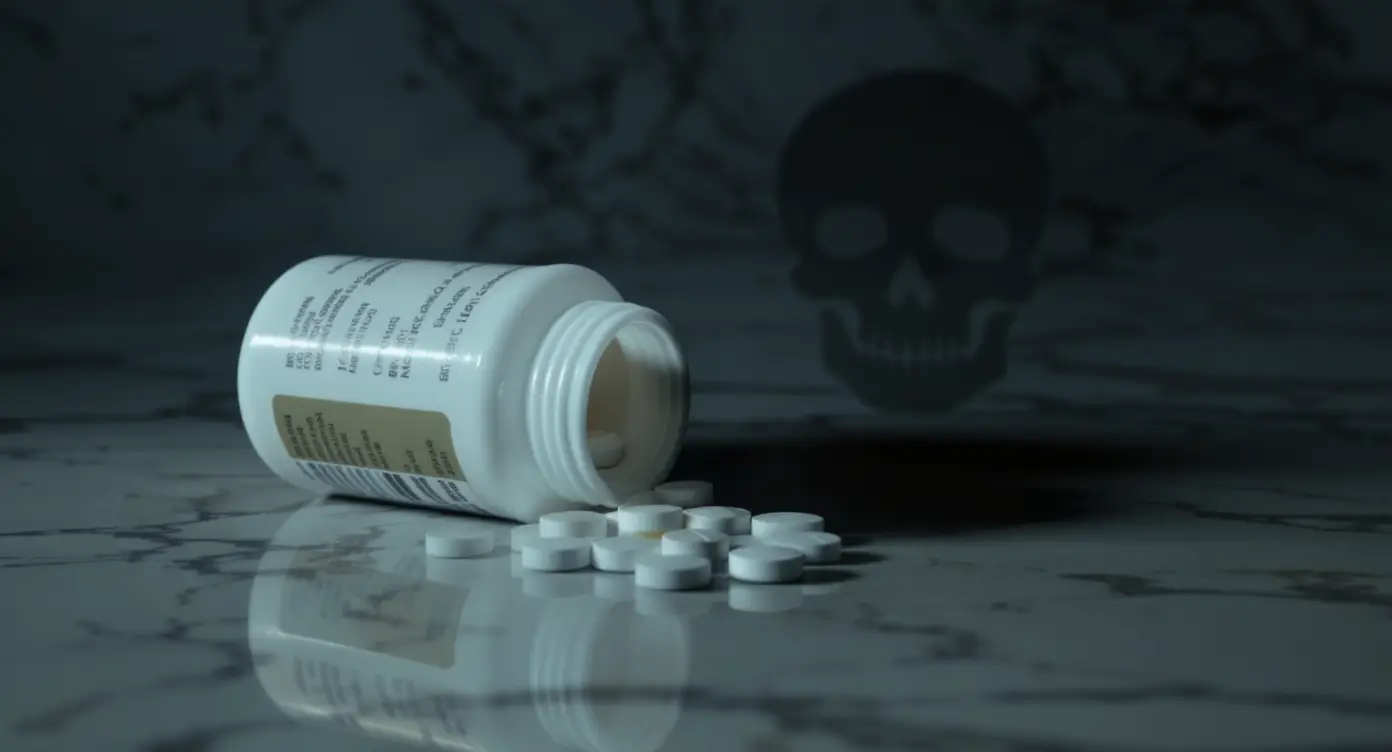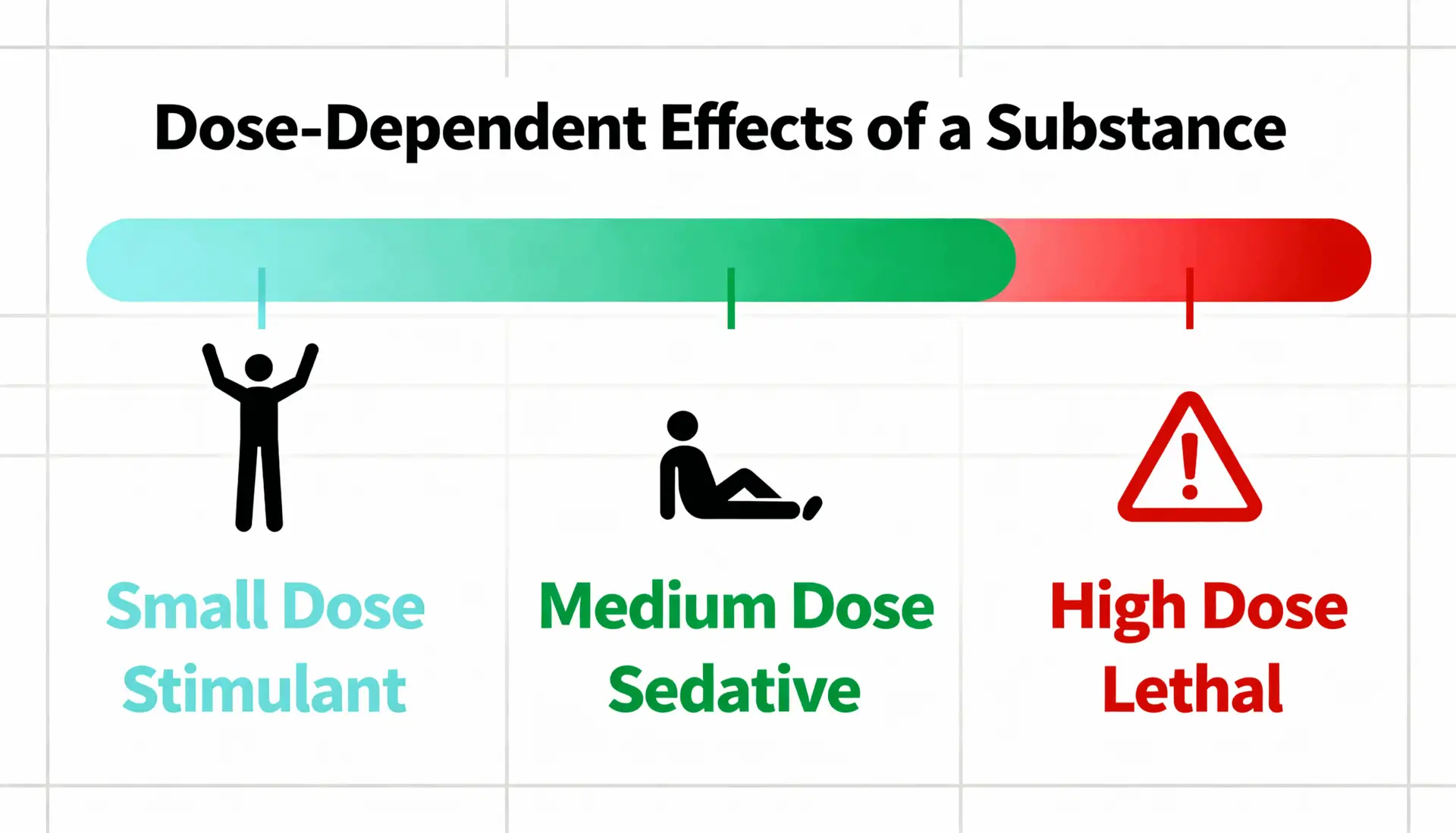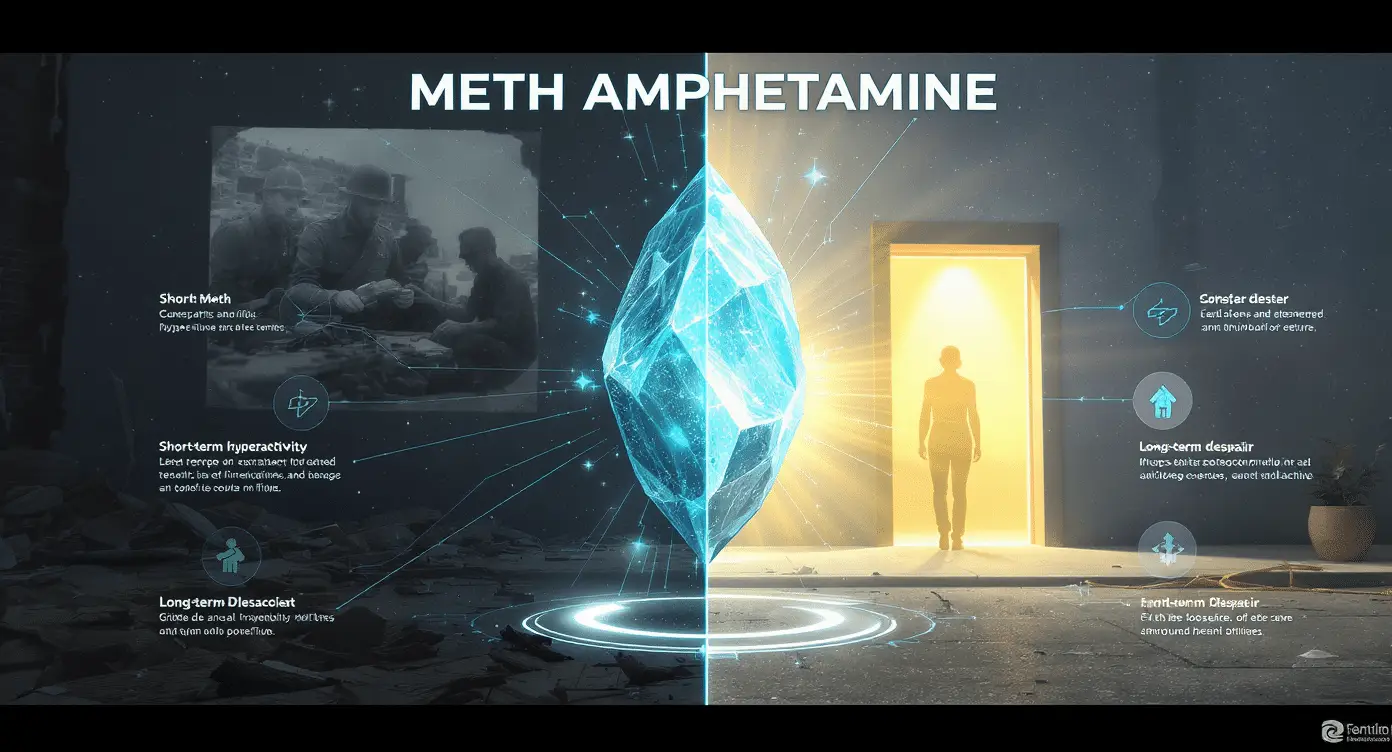Doctors prescribe them. Pharmacies sell them legally. But why prescription drugs are dangerous isn’t about legality—it’s about how easily they turn into silent threats.
Why prescription drugs are dangerous in daily use
Painkillers, sedatives, stimulants—they all start with a medical purpose. But taken longer than prescribed, at higher doses, or mixed with alcohol or other substances, they can cause real harm:
- Slowed breathing
- Heart problems
- Paranoia or panic
- Loss of emotional control
And because they come in bottles with your name on them, people rarely realize how dangerous they’ve become—until it’s too late.
According to the EMCDDA’s 2024 report, the non-medical use of prescription drugs is increasing, especially among young adults and people older than 70 in Europe.
The false sense of safety
Many assume prescription drugs are safer than street drugs. But this isn’t true. The effects on the brain and body can be just as addictive, damaging, and deadly.
Some of the most abused include:
- Oxycodone and hydrocodone (opioids)
- Diazepam and alprazolam (benzodiazepines)
- Methylphenidate (stimulants)
Users often say: “It’s not like I’m taking heroin.” But when the body is chemically dependent, the source doesn’t matter.
Education starts with the truth
Most prevention programs focus on illegal drugs. But real drug education must include the truth about prescriptions. That’s why Narconon’s Prescription Drug Education page focuses on how even a legal pill can destroy a life.
If you don’t understand why prescription drugs are dangerous, you won’t see the trap until it’s too late.
FAQ: why prescription drugs are dangerous
Can prescription drugs really be as harmful as illegal ones?
Yes. When misused, many prescription drugs act on the same brain systems as heroin, meth, or cocaine.
What are common risks of long-term use?
Addiction, memory loss, anxiety, and even seizures or death—especially when mixed with other substances.
Why don’t people take this seriously?
Because prescriptions feel legitimate. They come from doctors, not dealers. That illusion creates false trust.
How can I help someone misusing their meds?
Start with education. Share facts. And encourage drug-free recovery options that rebuild health without substitution.



